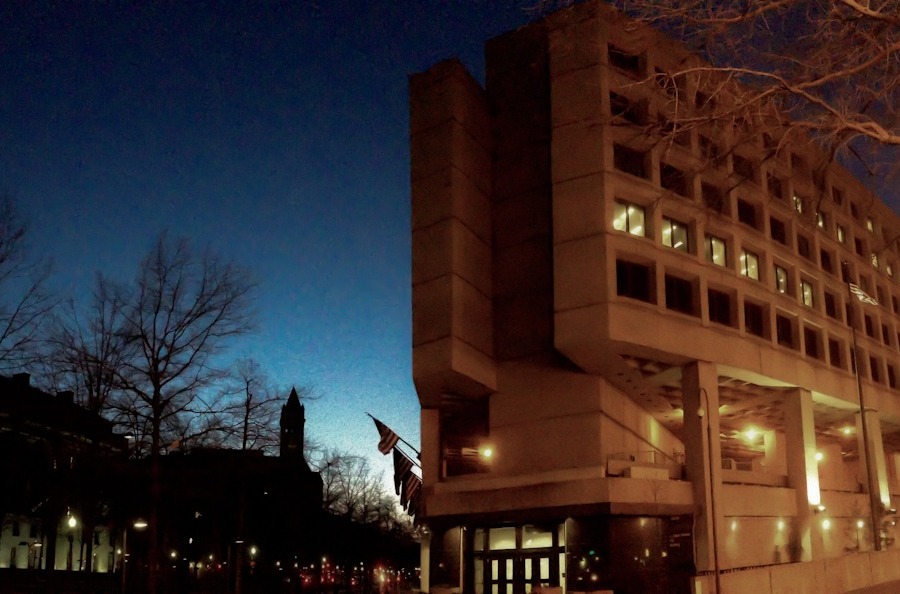International Criminal Court Authorizes Afghan War Crimes Inquiry
The Appeals Chamber of the International Criminal Court (ICC) on March 5 unanimously approved an investigation into alleged war crimes and crimes against humanity in Afghanistan committed by the United States military, Afghan authorities and the Taliban. The prosecutor is authorized to investigate crimes alleged to have been committed in Afghanistan since May 1, 2003, as well as other alleged crimes linked to the Afghan conflict committed on the territory of other states party to the Rome Statute since July 1, 2002. The decision overturned an April 12, 2019, rejection of the prosecutor’s request for authorization of a probe by a pretrial chamber. The overturned decision held that an investigation would not “serve the interests of justice” because of the difficulty of gathering evidence and securing cooperation from Afghan authorities, the Taliban and the United States.
The judgment states that “The information available provides a reasonable basis to believe that in the period since 1 May 2003, members of the US armed forces have committed the war crimes of torture and cruel treatment (article 8(2)(c)(i)), outrages upon personal dignity (article 8(2)(c)(ii)) and rape and other forms of sexual violence (article 8(2)(e)(vi)).” The decision also claims that the available information provides a reasonable basis to believe that in the period since July 1, 2002, members of the CIA “have committed the war crimes of torture and cruel treatment (article 8(2)(c)(i)); outrages upon personal dignity (article 8(2)(c)(ii)); and rape and other forms of sexual violence (article 8(2)(e)(vi)).”
The United States is not a State Party to the Rome Statute which founded the ICC. In April 2019 the United States revoked the visa of ICC chief prosecutor Fatou Bensouda after she requested an investigation into war crimes in Afghanistan that would including any that may have been committed by American forces.
A concurring opinion by Judge Luz del Carmen Ibáñez Carrenza agreed with the outcome of the judgment but disagreed with the claim that the Prosecutor has absolute discretion to decide whether or not to open such investigations.
You can read the Appeals Chamber judgment and concurring opinion below:





